What We're Reading, Vol. 19
This past month has been one for the books, in every sense of the word. With a global pandemic bringing on an almost-global shutdown, we’ve been mostly confined to our homes – at least, as much as possible. For some of us, that’s meant turning to comforting things to soothe ourselves as much as possible. For some, that’s meant being unable to focus on reading – preferring instead to focus on our screens. For others, however, it’s meant sinking into a beautiful world of books, old and new. When I reached out to our writers to put this month’s “What We’re Reading” together, I knew that I hadn’t read a single book over the past thirty days, unable to engage in one of my favorite activities. Luckily though, that hasn’t been the case for us all, and reading has remained a comforting escape to many. As such, we’re not limiting this month’s edition of “What We’re Reading” and instead will have a second volume at the end of the week.
Without further ado, here’s what we’re reading this month…
Zoë G. Burnett
Before the Boston Athenaeum shut down, I was looking for a copy of Kate Bolick’s Spinster (2015) to reread in an attempt to reconcile with my personal life, and instead found Patricia Bosworth’s The Men in My Life: a Memoir of Love and Art in 1950s Manhattan (2017). Trying to trust the universe’s sense of humor a bit more these days, I took the book out. Having not read any of her acclaimed celebrity biographies but recognizing her name from Vanity Fair articles, her memoir was a frank, composed account of real personal tragedy as well as some almost unbelievable memories of New York City’s cultural elite in the genteel and cutthroat 1950s. Imagine Steve McQueen asking you to remind him whether or not you slept together, or being ushered into a car to find yourself sitting next to Marilyn Monroe, to give a few examples. Bosworth had a fairly successful acting career before transitioning to writing full time, mostly performing on the stage with one supporting role onscreen in The Nun’s Story (1959). Audrey Hepburn admirers, take note: only a die hard fan or a film-devouring masochist like me could sit through its entirety. The first twenty minutes in which Bosworth appears are a good extra feature to her account of the production. Immensely engaging and incredibly moving, her memoir is a good read for any young, creative women out there who are just trying to make it work. I feel even more lucky to have found Bosworth when I did, as she sadly passed away on April 2 from COVID-19 complications at age 86. We can all hope to live such a full life.
Sarai Seekamp
During this time of isolation, I’ve finally convinced myself to start Tolstoy’s Anna Karenina, all 923 pages of it. More recently I’ve found myself drawn to period dramas, which is a shift from the memoirs and contemporary fiction that I’m usually swimming through. Perhaps it is a desire to completely escape from the stress and anxiety that this pandemic has caused or it’s a newly developed crush on Taylor-Johnson’s portrayal of Vronksy that has instigated this shift. And I have not been disappointed (most likely it is a combination of the two). The meticulous detail that Tolstoy instills in every parlor scene, each train platform or shadowy staircase encounter has me completely enraptured and longing for an evening in Imperial Russia. Tolstoy’s commentary on high society in Russia, the duties of men and women in marriage, and the place love has in the middle of it all is stimulating and enticing. I am only about a third of the way through the novel but am as hypnotized by the charming Anna as our love-sick officer and thrilled by their affair despite knowing the inevitable.
Jessica Armstrong
During this time of lockdown, my motivation to read fiction has returned to me at long last. I’ve been using my Easter holiday to make my way through my reading list, and kick-starting this was Girl, Woman, Other by Bernardine Evaristo. I had high hopes, but Evaristo’s skill in creating a cast of characters I could not only keep track in but was also invested in is unparalleled. It explores so many important themes, including the experience of black women, community and identity, and my only complaint is that it should have been longer! I think it deserved to win the Booker outright. Other highlights for me this month have included Ali Smith’s Spring – potentially my favourite in the quartet so far, Little Fires Everywhere by Celeste Ng, and Mansfield Park by Jane Austen. Although I found the latter to be a slow burner in some parts, I soon grew to love Austen’s stubborn yet sincere protagonist, and to marvel at her craft in describing the intricacies of nineteenth-century societal etiquette and family life. Delighted that I have now completed Austen’s novels, I’m looking forward to receiving a surprise book as part of a book exchange which will take me into another month!
Corinne Elicona
Since the quarantine began in March, I’ve found it hard to sit down and focus on something that wasn’t the news. March was a pretty barren month for me in regards to literature, but luckily I’ve regained my stride in April and have sat down with some pretty amazing books already. I know I’m late to the party with this one, but I finished Lincoln in the Bardo last week and I’m still in awe. It’s such a wonderfully crafted, creative story that reads like something in between a Hieronymus Bosch painting and the dramatic readings of Civil War letters on PBS. It takes place over the span of a few days following Willie Lincoln’s death from typhoid and during the beginning of the U.S. Civil War. The story follows a grief-ridden Abraham Lincoln who visits his son’s body in the tomb of Oak Hill Cemetery in Washington D.C. I was absolutely entranced by the strong historical presence of the primary sources woven into the story, but also of the fantastical, sinister afterlife George Saunders paints through what seems more like a play than prose. After I completed Lincoln In The Bardo, I began another thrilling literary journey in the exact opposite direction of the epic, historical poem that is George Saunders’ work. Mostly Dead Things by Kristen Arnett is a contemporary LGBTQA+ fiction taking place in central florida in a family of taxidermists. The main character, Jessa-Lynn is plagued by dead things throughout the book: The suicide of her father, the decay of her romantic relationships, the failing taxidermy business, the list goes on. The mood created by Arnett in this book is masterful. She manages to create such a vivid and disgusting (in the best way) presence throughout the book that I swear I can feel the oppressiveness of the Florida heat and the smell of the roadkill. Death is ever-present in Arnett’s work, and even so, the characters manage to find beauty in it. Not recommended for the weak-stomached.
Amy Richardson
Finding myself facing nearly three weeks of ‘special leave’ this April and with reading difficult in this trying time, I decided to go back to a tried and tested comfort, otherwise known as rereading Austen. I like to read them in publication order, as this means I get to ease myself in with Sense and Sensibility and can then keep myself going through my two least favourite (Mansfield Park and Emma) in order to end strongly with my absolute favourite, Persuasion. Eleven days in and I have finished both S&S and Pride and Prejudice, mainly due to being stuck in self-isolation in my room as I caught the dreaded COVID – my symptoms were thankfully mild and I am now fine, my thoughts are with those who aren’t so lucky. I am now on Mansfield Park which I always used to find interminably dull. The back of my copy claims it as “Austen’s most sophisticated love story,” but I was never able to agree. Reading this novel as a woman in my late twenties, I can now see exactly where the blurb is coming from. Fanny Price is not the boring doormat I always thought she was. She shows us what ripping a child from their loving family and then spending years teaching them to think of themselves as lesser truly does to a person – it browbeats them into low self-esteem and docility. Fanny has a gentle, kind nature but she has also been bullied, ignored, and made to see herself as a burden. She does not think of herself because it doesn’t occur to her that she is allowed to. I’m about three quarters of the way through Mansfield Park now and I am so glad I started this reread for my new found appreciation of the novel. Next is Emma, the only Austen I’ve only read once. I couldn’t make it past a few chapters the other times I’ve tried because I find the eponymous character so awful. But finding how age has changed my view on Mansfield, I’m excited to see what revelations may occur when I start Emma.
Milena Le Fouillé
This month of confinement has been a frustrating experience in every area of my life, especially when it came to reading. I find myself wanting to read a myriad of books that I don’t have at home (Giono’s bucolic novels, Goliarda Sapienza’s The Art of Joy) and that I can’t order online, both because I don’t consider them essential items when I have such an extensive pile of books I’ve been meaning to read at home, and because the postal service is not functioning at its full capacity in my country at the moment.
On the other hand, this limitation has been a good opportunity to create new relationships through the books I do have on hand. Before the global shutdown, I asked friends, or classmates I wanted to know better, to lend me a few of their favorite novels, to keep in touch with them and exchange ideas around them. This is how I came to read two contemporary French authors I probably wouldn’t have read on my own: Michel Houellebecq and Sylvain Tesson. To be honest, I didn’t really connect with their style at all, but it feels good to be challenged in one’s reading habits once in a while. I’m currently reading Balzac’s Splendors and Miseries of Courtesans (also translated as A Harlot High and Low), the story of a young ambitious poet, Lucien de Rembepré, as he goes through the different strata of Parisian society in the 1830s.
When I find that I can’t focus on a novel, which happens more often than not at the moment, I find that reading and sharing a few stanzas of poetry with friends and family can be a good way to maintain a daily contact. This month, I read Richard Brautigan’s Japanese Journal, which I absolutely loved, and Fernando Pessoa’s (or, to be more precise, his heteronym Alberto Caeiro’s) The Keeper of Sheep, and I’m currently reading the first volume of Margaret Atwood’s Selected Poems.




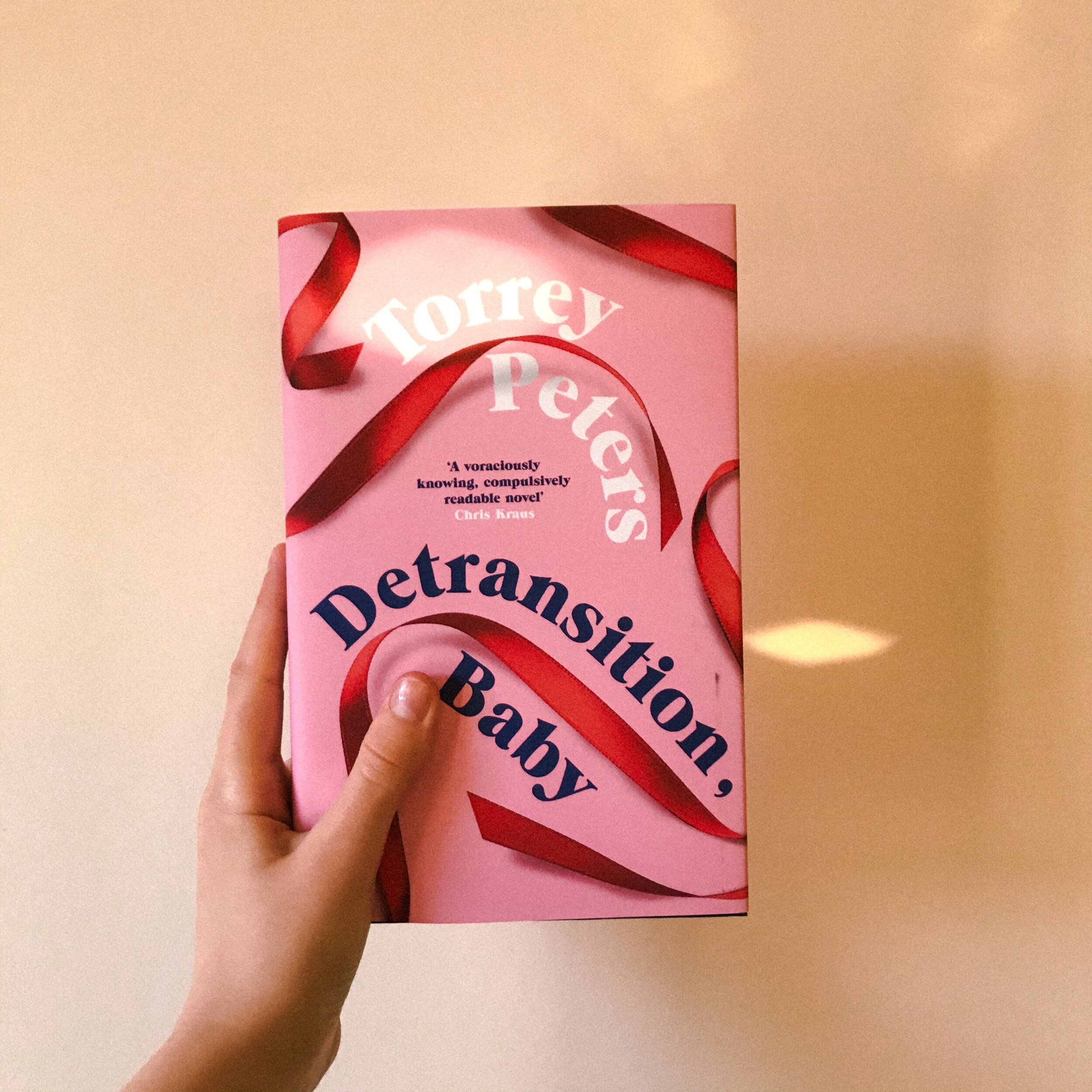
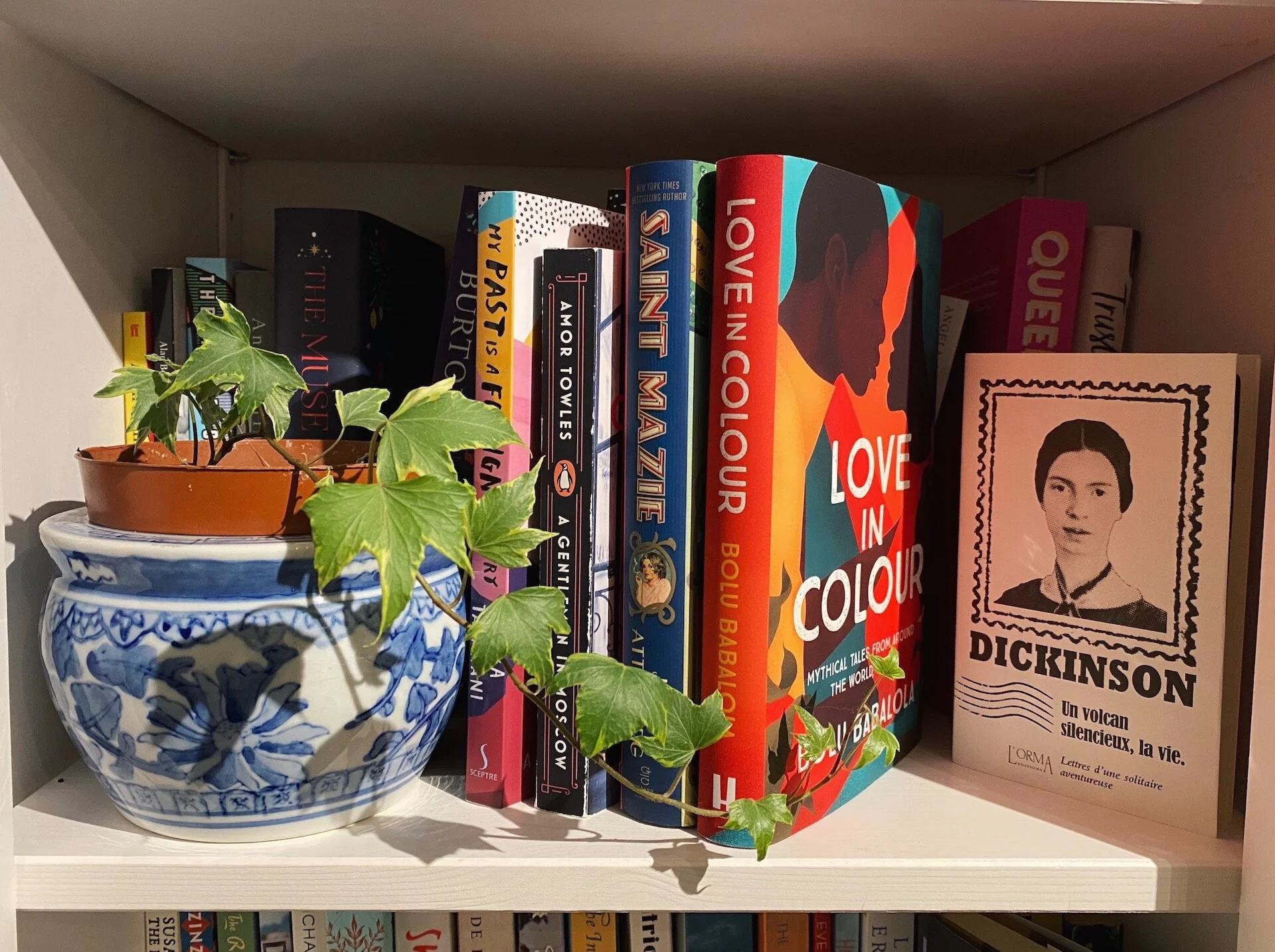
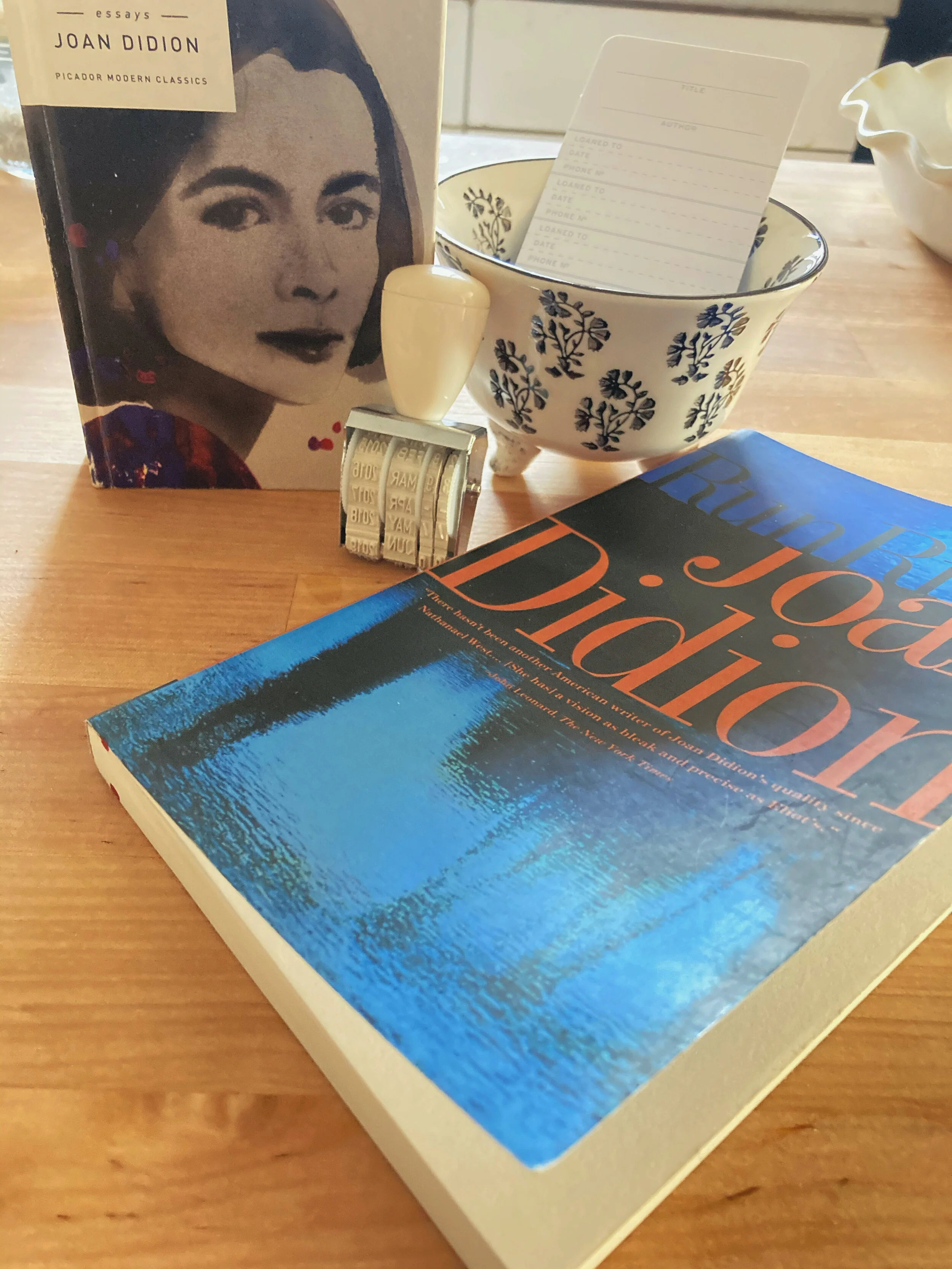
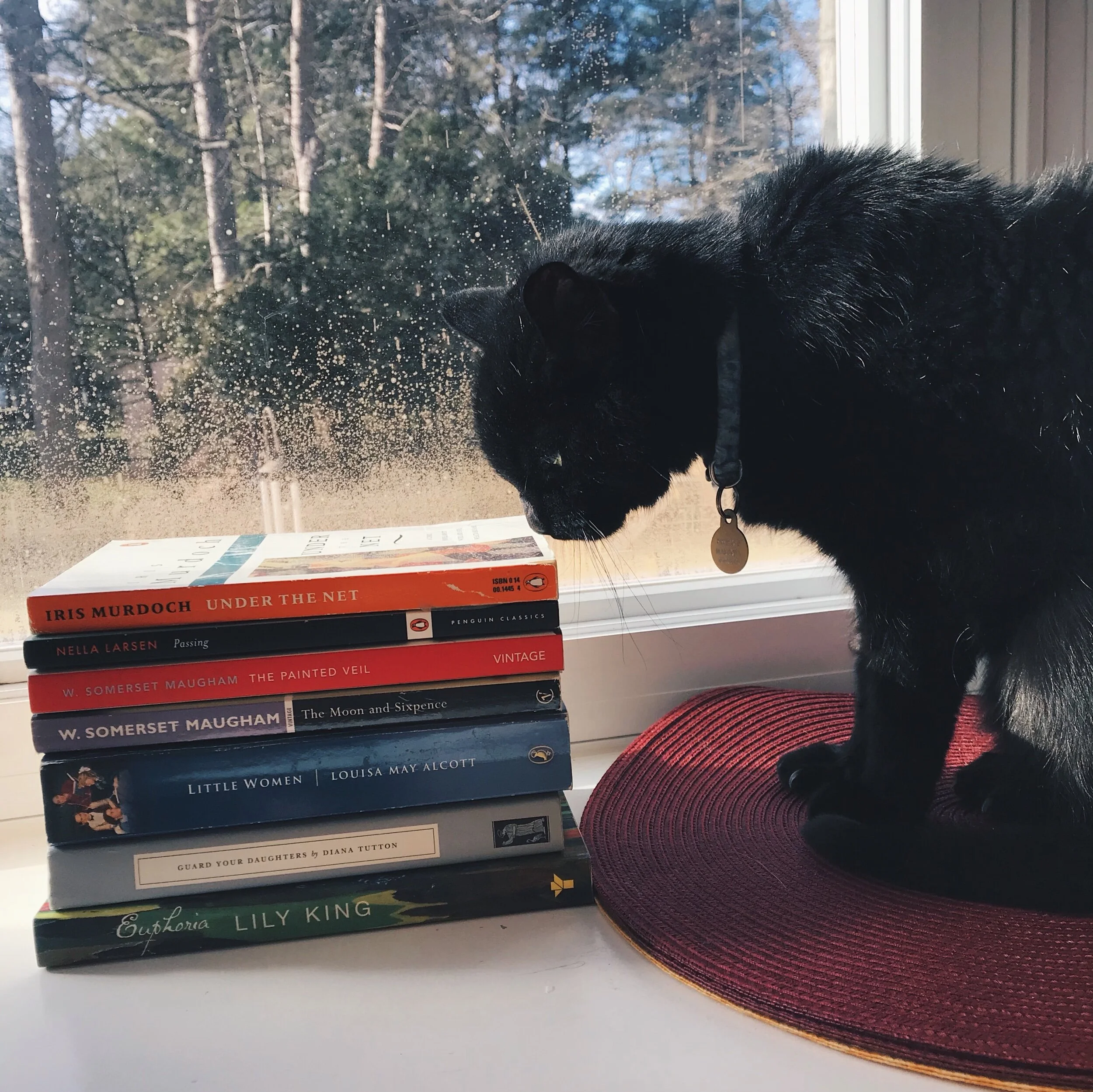


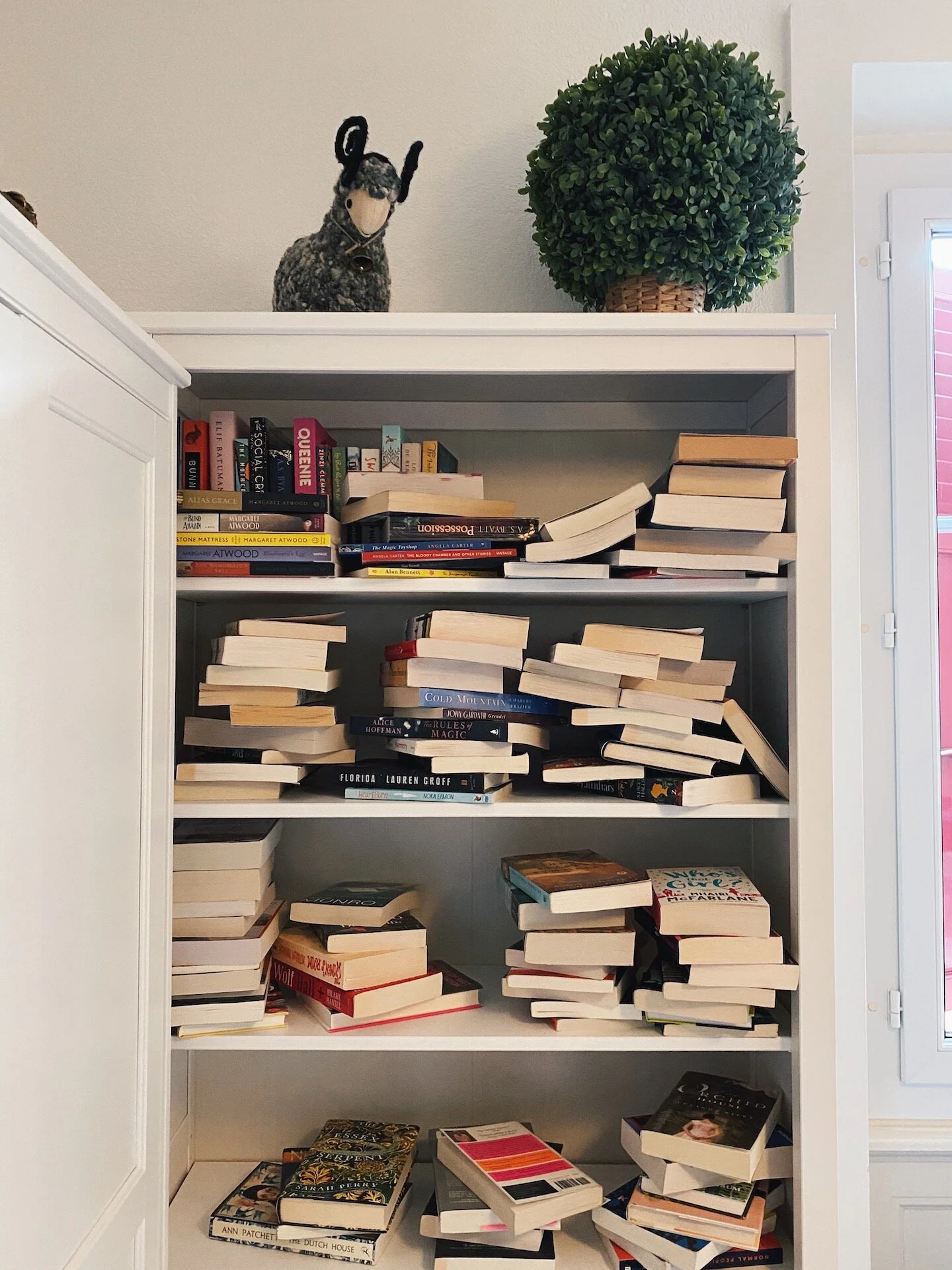
Reading Naoise Dolan’s Exciting Times and Katie Kitamura’s Intimacies, Rachel Tay explores the unease of moving away from one’s own country and language.